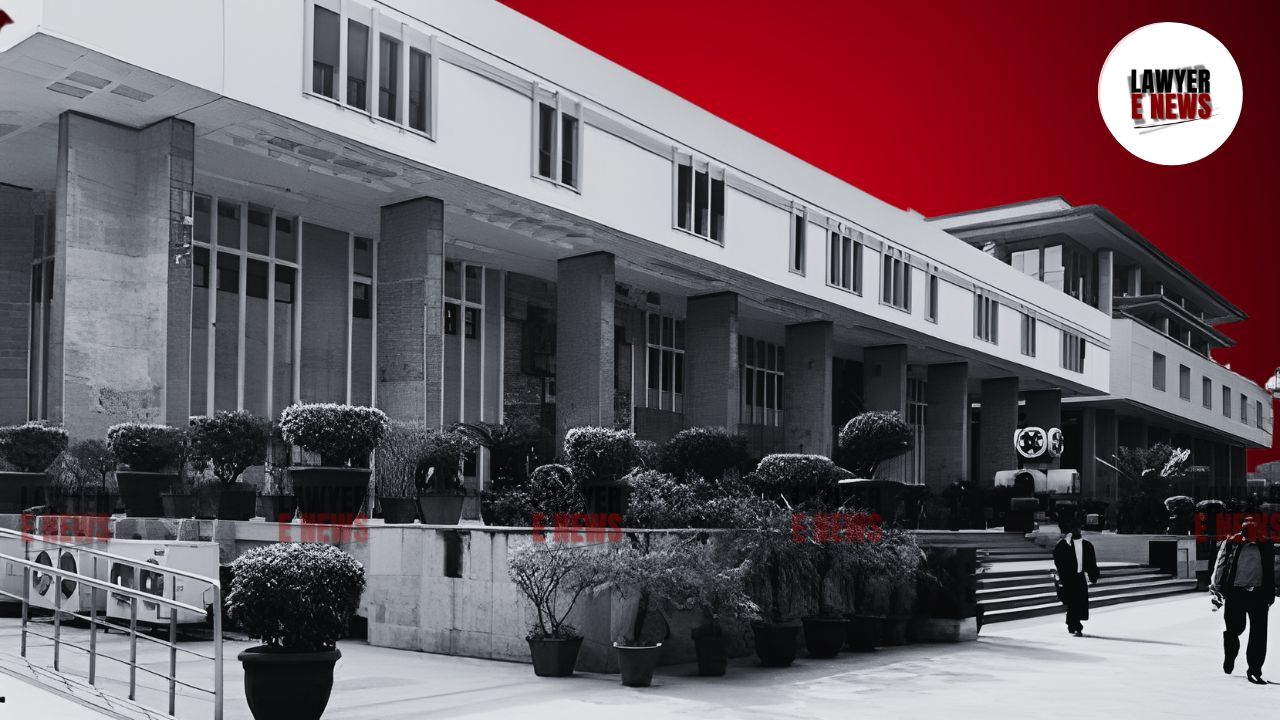-
by Admin
15 February 2026 5:35 AM



Bail is the Rule, Jail is the Exception: Seriousness of Allegations Alone Cannot Deny Bail. Delhi High Court in Yudhveer Singh Yadav v. Central Bureau of Investigation granted regular bail to the petitioner, Yudhveer Singh Yadav, a Sub-Inspector in the Delhi Police, charged under Section 7 of the Prevention of Corruption Act, 1988. The petitioner had been accused of demanding and accepting a bribe of ₹2,50,000, but the court emphasized the legal principle that "bail is the rule and jail is the exception," applying it to the facts of the case.
The case against the petitioner arose when a complaint was filed by Amit Gautam, alleging that Yadav demanded a bribe to file a favorable Action Taken Report (ATR) in a case involving fraud claims against certain advocates. The petitioner was arrested in a trap laid by the Central Bureau of Investigation (CBI) on July 19, 2024, after an envelope containing the bribe money was allegedly found in his office.
Yadav's initial bail application had been dismissed by the District and Sessions Court on August 13, 2024, as the investigation was still ongoing, and a chargesheet had yet to be filed. Subsequently, Yadav filed the present bail application before the Delhi High Court.
Nature of Allegations: Yadav was accused of serious corruption charges, which, according to the CBI, involved the demand and acceptance of a bribe. The CBI contended that the case involved a breach of public trust and should not be treated lightly.
Arguments by Petitioner: Yadav’s counsel argued that he was falsely implicated, that the investigation was complete, and that continued custody served no purpose. The petitioner's counsel relied on the Supreme Court's judgment in Satender Kumar Antil v. CBI, which held that bail should generally be granted when the offense is punishable by a term of less than seven years, as in Yadav’s case.
Seriousness of Offense vs. Right to Bail: Justice Chandra Dhari Singh observed that while the allegations of corruption were serious, the Supreme Court has repeatedly ruled that seriousness alone should not be the deciding factor for bail. The Court emphasized that under Article 21 of the Constitution, even accused individuals are entitled to the presumption of innocence and a fair trial, without being unduly detained during the investigation phase.
Completion of Investigation: The Court noted that the chargesheet had been filed on September 17, 2024, and the investigation was complete, eliminating the risk of tampering with evidence or witnesses.
No Criminal Antecedents: Yadav had no prior criminal record, which weighed in favor of granting bail. The Court found no reasonable ground to believe that he would abscond or threaten witnesses if released.
The Delhi High Court, relying on the established principle that "bail is the rule and jail is the exception," granted regular bail to Yadav, setting out several conditions, including the surrender of his passport and regular attendance at the police station. The Court clarified that its observations were solely for the purpose of the bail decision and would not influence the trial.
This decision highlights the judiciary's balanced approach to corruption cases, ensuring that the rights of the accused are protected while acknowledging the seriousness of the allegations. The Court's ruling reaffirms the principle that bail should not be used as a punitive measure, particularly when the investigation is complete and the accused has cooperated with authorities.
Date of Decision: October 8, 2024
Yudhveer Singh Yadav v. Central Bureau of Investigation.
